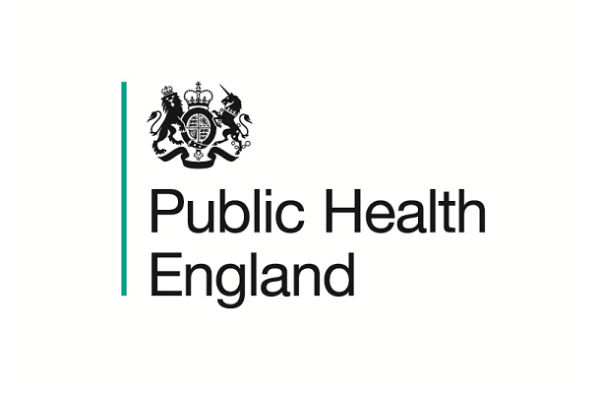NSS questions Public Health England advice over flu vaccine
Posted: Tue, 30th Jul 2019
The National Secular Society has asked why a public health body is encouraging parents to seek advice from religious leaders over whether to get their children vaccinated.
The NSS has written to Public Health England (PHE) to question a statement encouraging parents to "seek advice from their faith or community leaders" to "inform their decision" on vaccination.
The statement came in response to the news that some Muslim parents are refusing to allow children to have the Fluenz Tetra nasal spray flu vaccine.
Documents from PHE, reported by The Telegraph, show that uptake in areas with high Muslim populations is "significantly lower" than average. The documents add that the most common reason for refusal given by parents across England is the fact the vaccine contains pork gelatine.
Some Muslims have expressed concern that the presence of pork gelatine means the vaccine is not halal (permissible under Islam). A spokesperson for the Muslim Council of Britain said this week that "another vaccine" is needed "which is halal".
In response Dr Mary Ramsay, head of immunisation at PHE, told The Telegraph: "Our first priority is to ensure that vaccines are safe and effective... PHE encourages parents to seek advice from their faith or community leaders to inform their decision."
PHE has used similar language in a 2018 booklet on vaccines and pork gelatine.
NSS chief executive Stephen Evans has now written to Dr Ramsay to ask PHE to explain its rationale for advising people to consult "faith leaders" on the issue.
Mr Evans wrote that directing people with concerns about vaccines to 'faith leaders' and 'community leaders' sent "a confusing and potentially harmful message".
"In principle, a public health authority should not refer the public to authorities with no medical expertise or certification on matters relating to medicine. Religious people are of course at liberty to consult religious leaders on any issue, but they should not be directed to do so by a public health authority."
He added that religious teachings "often clash with best practice on healthcare" and encouraging people to seek religious advice risked undermining immunisation programmes and exacerbating health inequalities.
Religious objections to vaccinations have recently caused disease to spread in the US, where measles infections have climbed to a 27-year high. A major outbreak in New York has centred around orthodox Jewish communities, where vaccination rates are low.
All healthy children in England between the ages of two and 10 will be offered the Fluenz Tetra vaccine in schools from September.
There is an injectable version of the flu vaccine which does not contain pork gelatine, but it is viewed as less effective than the nasal spray and is currently only given to high-risk children.
On Tuesday The Times reported that public health officials had held talks with Muslim leaders over the issue.
While you're here
Our news and opinion content is an important part of our campaigns work. Many articles involve a lot of research by our campaigns team. If you value this output, please consider supporting us today.


